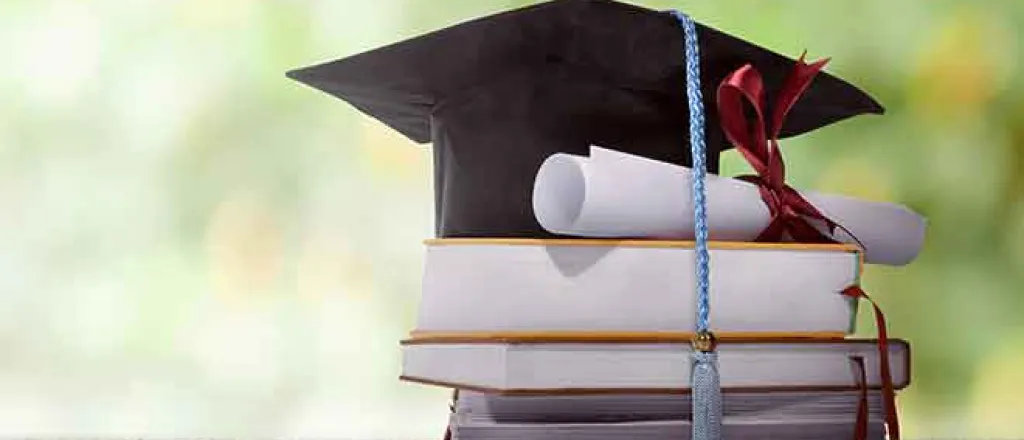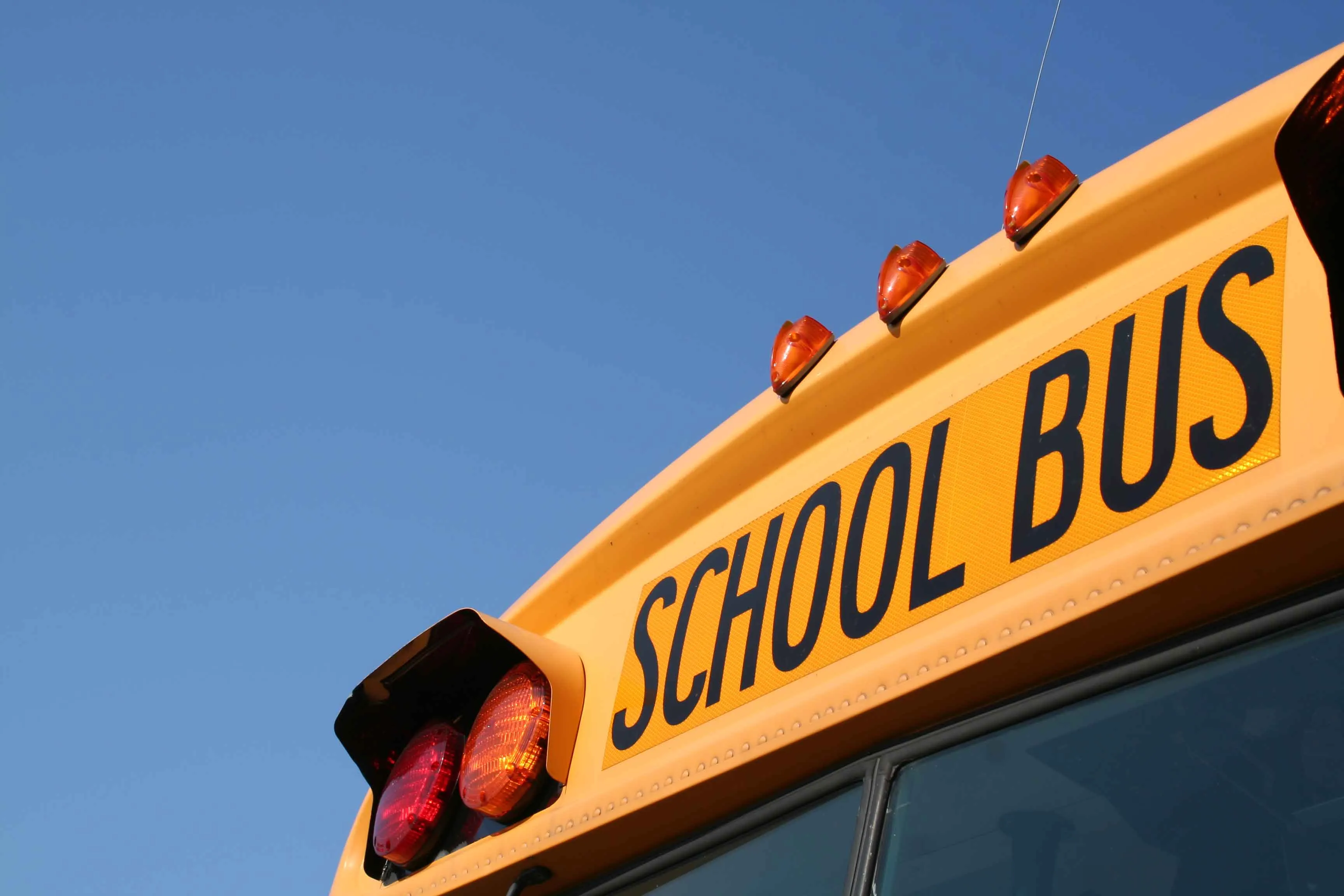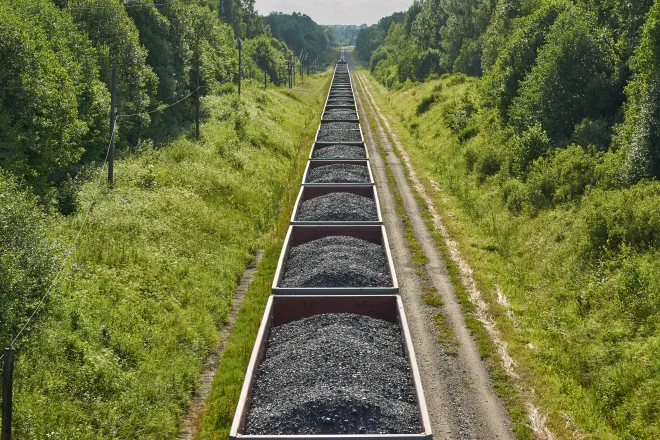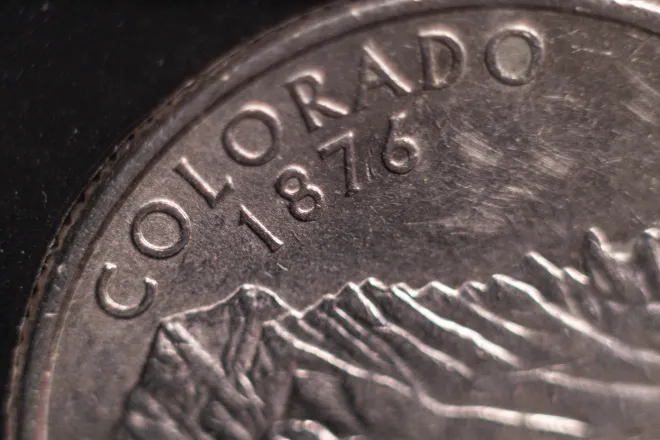
Colorado lawmakers advance bill that would boost school funding
(The Center Square) – Colorado’s House Appropriations Committee advanced a bill on Tuesday that would increase state funding for schools that experienced a decrease in enrollment because of COVID-19.
SB21-053 aims to maintain school funding levels from last year by distributing funding on a per-pupil basis. Additional funding would be sent to districts that saw a greater than 2% drop in their funding during the 2020 legislative session.
According to the Colorado Department of Education, the state’s at-risk student count was 53,158 lower than projected, while the funded student count decreased by 4,975. These two impacts alone decreased overall school funding by over $120.9 million.
The bill is estimated to cost taxpayers $85,764,377, with nearly $20 million of the total coming from federal COVID-19 relief funds, according to its fiscal note.
Charter and rural school districts would receive $25 million, as required by HB20-1427, a bill that created new nicotine taxes in Colorado.
Its prime sponsors include Sens. Dominick Moreno, D-Commerce City, and Rachel Zenzinger, D-Arvada, and Reps. Julie McCluskie, D-Delta, and Barbara McLachlan, D-San Juan.
“In this year’s bill, we are adding additional funding because our local property value assessments came in low,” McCluskie said.
“We also made adjustments in the bill for at-risk funding as well as for small, rural, and remote school districts who see significant impacts to their budget from decreased enrollment,” she added.
Colorado’s schools are funded by a web of state funds and local property taxes. Funding from property taxes and specific ownership taxes was under projection by a combined $40.9 million, according to the fiscal note.
In 2020, voters repealed the Gallagher Amendment, which froze state property tax assessments at 7.15% for residential property and 29% for nonresidential property.
According to the Department of Local Affairs, residential property tax assessment rates in Colorado have declined every year since 2009. COVID-19 accelerated a decline in specific ownership taxes, too. The net result is that schools received less funding from the state.
State law further complicates matters by allowing home rule jurisdictions such as Denver County to set their own property tax mill levies while capping others at a 5.5% property tax revenue limit.
Meanwhile, state lawmakers took $1.3 billion out of Colorado’s education coffers to balance a state budget that was more than $3.4 billion in the red because of COVID-19.

















